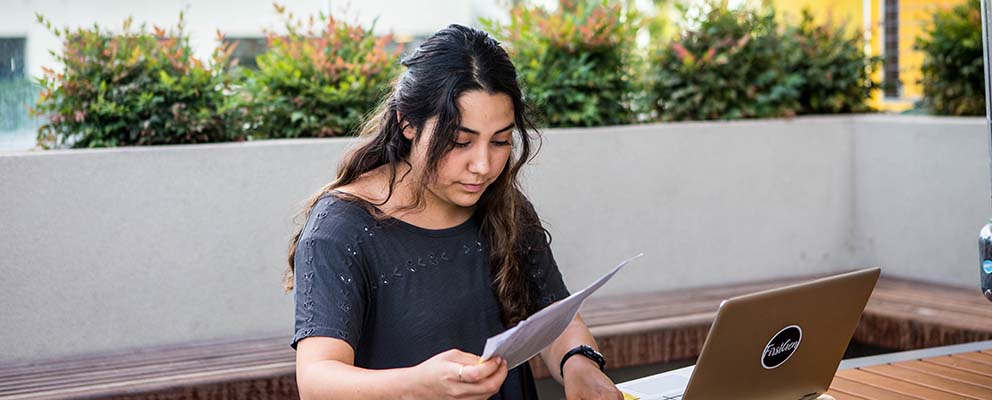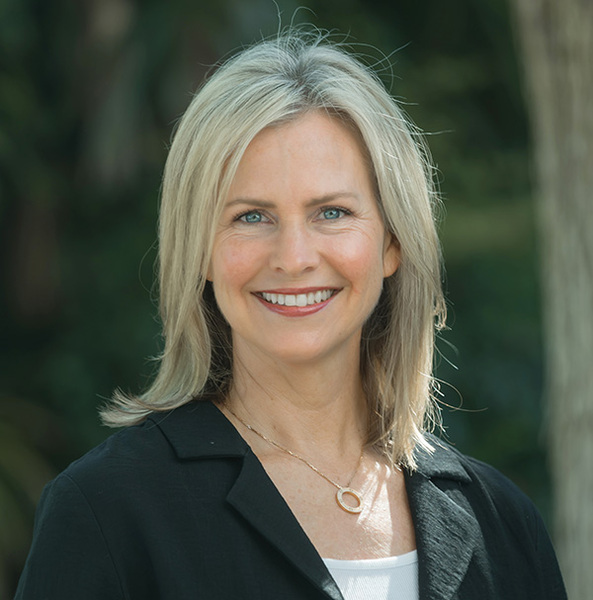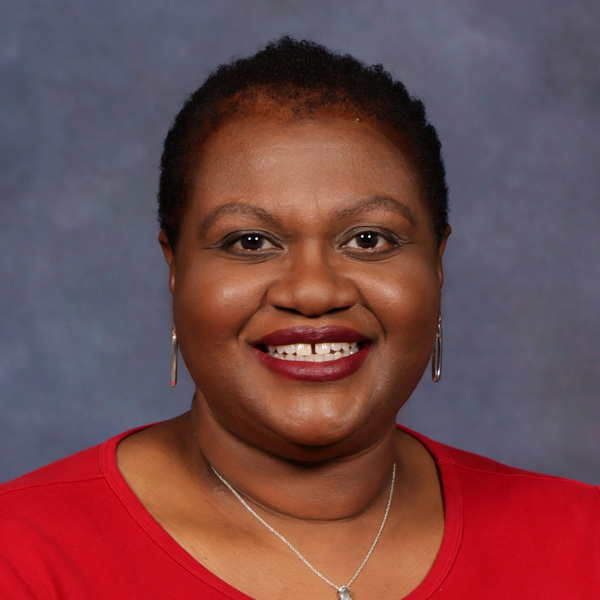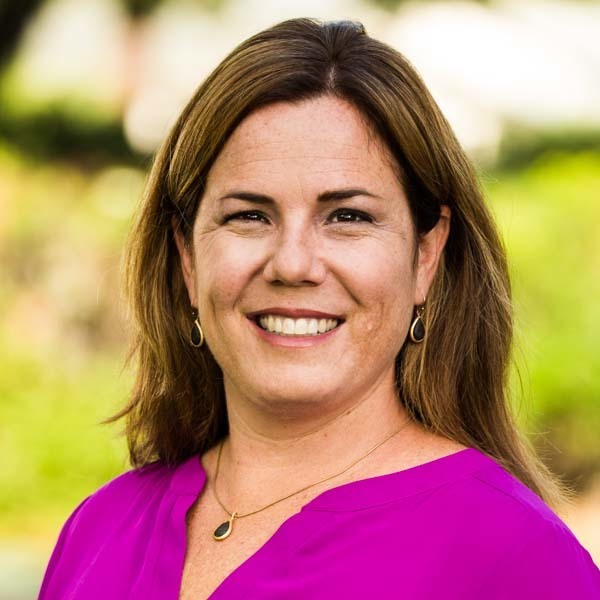M.A. in Intercultural Studies
Overview
Biola’s Master of Arts in Intercultural Studies is designed to prepare students for a variety of careers in cross-cultural and multicultural work environments and ministries. Students will gain a solid understanding of the dynamics of living, working and communicating the gospel in cultures different from their own, and how to apply that knowledge to their respective ministries and professions.
For more than 100 years, Biola University has been committed to developing godly leaders who will carry out the Great Commission in life, work, and ministry. Biola’s M.A. in Intercultural Studies will give you the resources to understand, connect and communicate with others in cultures different from your own, and clearly impart the gospel in a variety of cross-cultural and multicultural contexts. As a student of this program, you will:
- Become Effective. As you refine your skills in cross-cultural work, your effectiveness in your work and ministry will increase and inspire others to grow deeper in their faith and relationships with others.
- Sharpen Your Focus. A wide variety of elective courses affords you the opportunity to sharpen your focus of study on specific areas of cross-cultural work and ministries such as church planting, community development, TESOL and translation.
- Learn at Your Own Pace. The program is designed to give you the flexibility to complete your program fully online. This model will allow you to continue to work in your field while you focus on taking your education to the next level.
- Elevate Academically. Your research and writing skills will be refined as you dive deeper into your courses and learn how to thoughtfully analyze a variety of cross-cultural issues
- Transform Spiritually. Cultivating your spiritual growth is an integral part of this program. In order to increase the effectiveness of your spiritual leadership, you will be challenged to strengthen your godly character, elevate your personal standards of integrity and morality, and foster your passion for human rights, justice, and the reconciliation of humanity with their Creator.
Global Learning Center
The global learning center provides students the unique opportunity to earn credits while taking courses in Chiang Mai, Thailand.
Specializations
- Intercultural Studies



